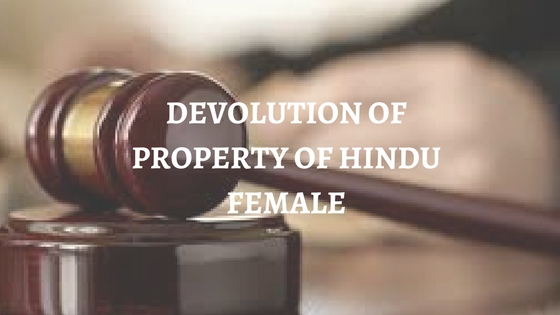Aapka Consultant Judgment Series- In this series, we are providing case analysis of Landmark Judgments of Hon’ble Supreme Court of India.
Omprakash and Ors. Vs. Radhacharan and Ors.
(2009)15SCC66
Hon’ble Judges/Coram: S.B. Sinha, and Mukundakam Sharma, JJ.
Decided On: May 5th, 2009
FACTS:
Smt. Narayani Devi was married to Dindayal Sharma in 1955. She was widowed three within three months of marriage. She was driven out of her matrimonial home immediately after the death of her husband. She died intestate on July 11th, 1996. She had various bank accounts and she also left a huge sum in her provident fund account. Ramkishori, mother of Narayani, filed an application for grant of succession certificate. Respondents, the children of the sister of Narayani’s husband also filed a similar application. All her properties were self-acquired.
ISSUE:
Whether Sub-section (1) of Section 15 of the Hindu Succession Act, 1956 or Sub-section (2) thereof would be applicable in the facts and circumstances of the case?
JUDGMENT:
The legal issue involved in the case was Narayani’s mother died, and her brothers became the appellants. Sub-section (1) of Section 15 lays down the ordinary rules of succession. Clause (a) of Sub-section (2) of Section 15 provides for a non-obstante clause, when the property is devolved upon the deceased from her parents’ side, on her death the same would relate back to her parents’ family.
The law is silent with regard to the self-acquired property of a woman. Sub-section (1) of Section 15 does not make a distinction between self-acquired property and the property which the woman had inherited. The self-acquired property of a female would be her absolute property and not the property which she had inherited from her parents. The Court held that in view of the matter, Sub-section (1) of the Act would apply and not Sub-section (2) thereof. Sub-section (1) would apply only in a case where a female Hindu has died intestate. In such a situation, the normal rule of succession as provided for by the statute must prevail.
HELD:
Appeal dismissed. And court held that sub-section (1) would apply only in a case where a female Hindu has died intestate, although court found it bit problematic.
To Get Legal Opinion from Advocates/ Legal Experts, Please click here
To Get Legal Opinion from Retired Hon’ble Judges, Please click here












